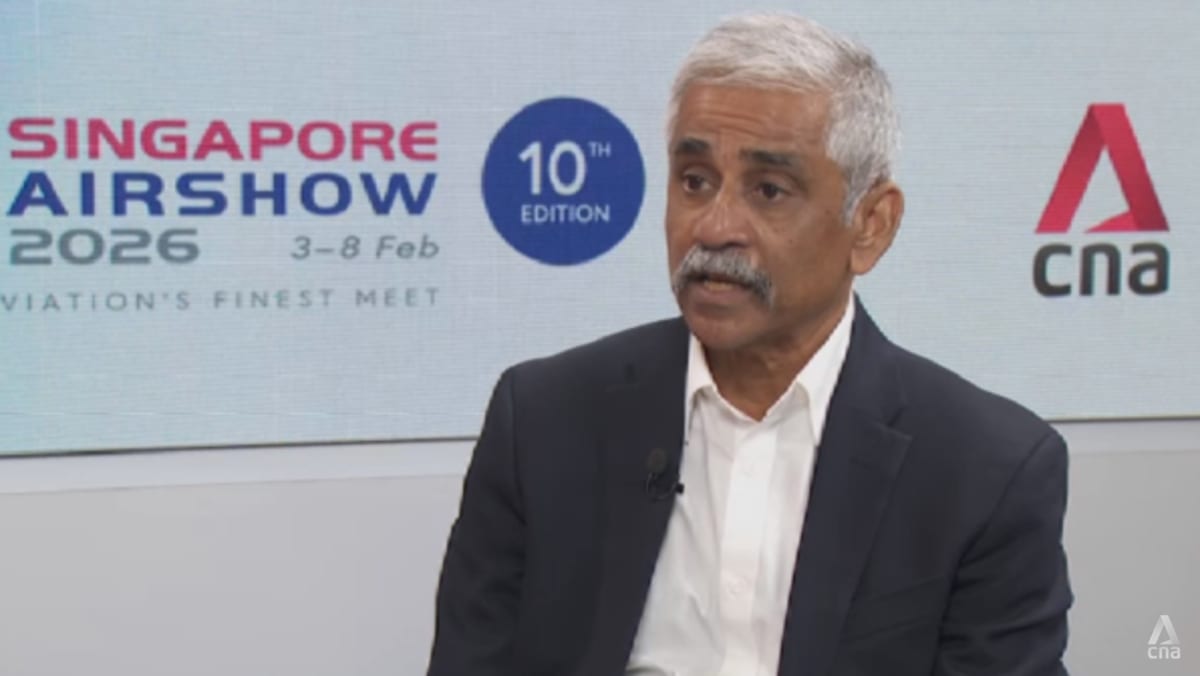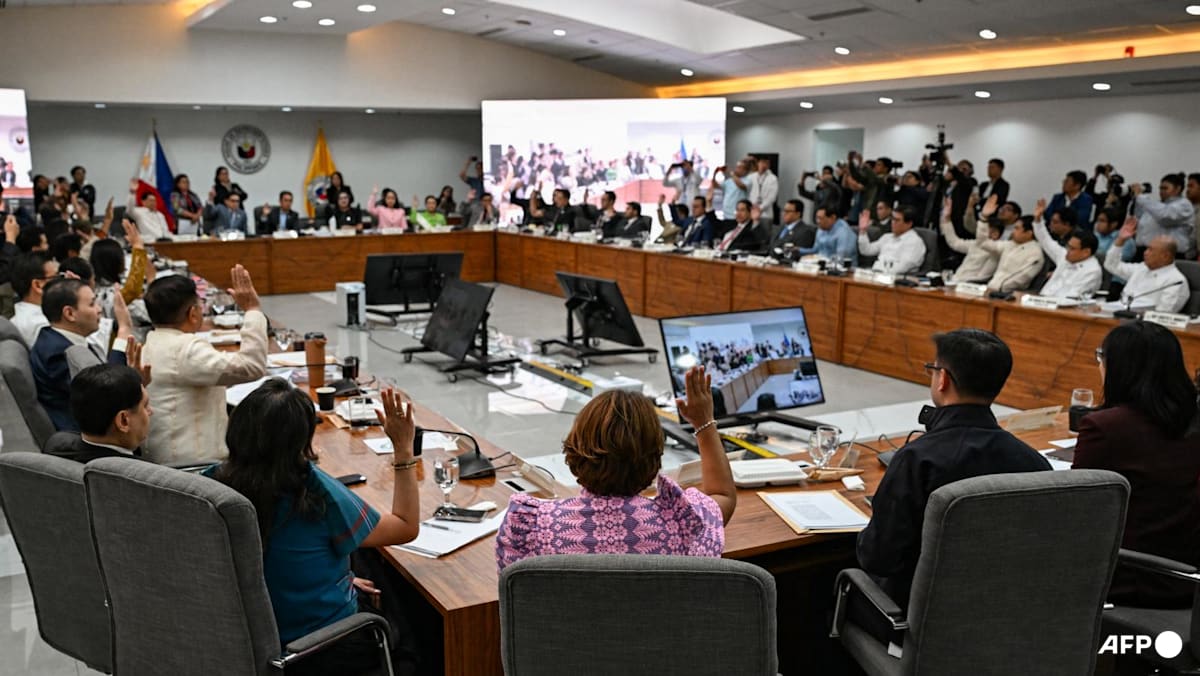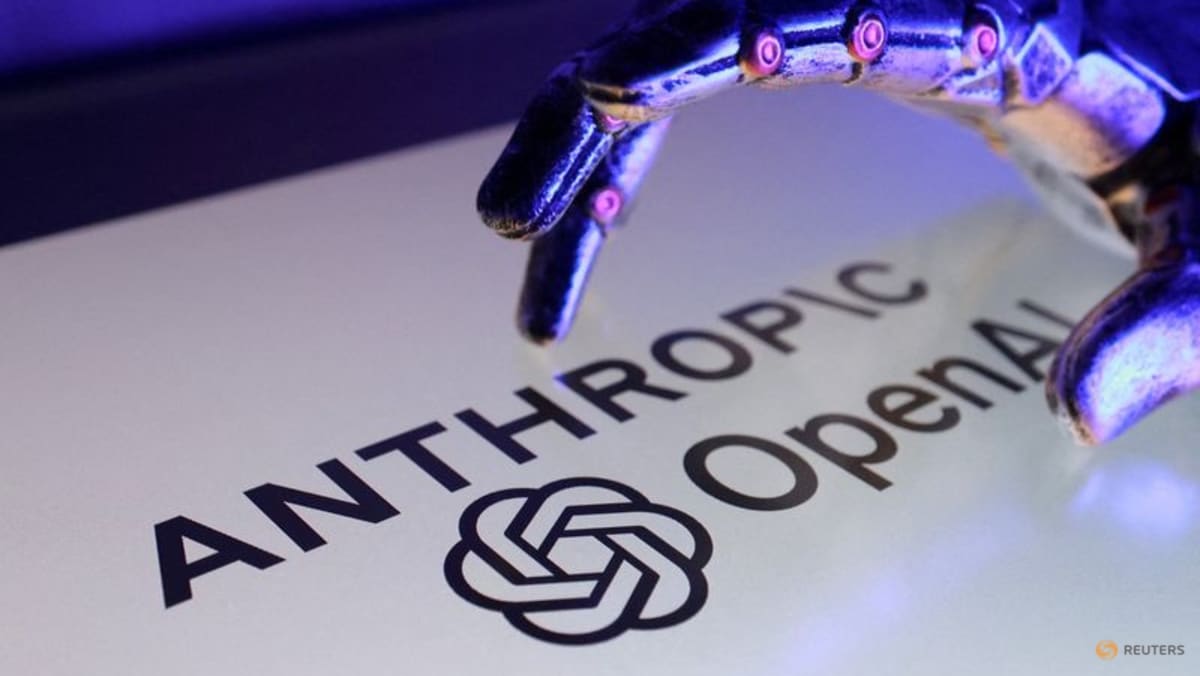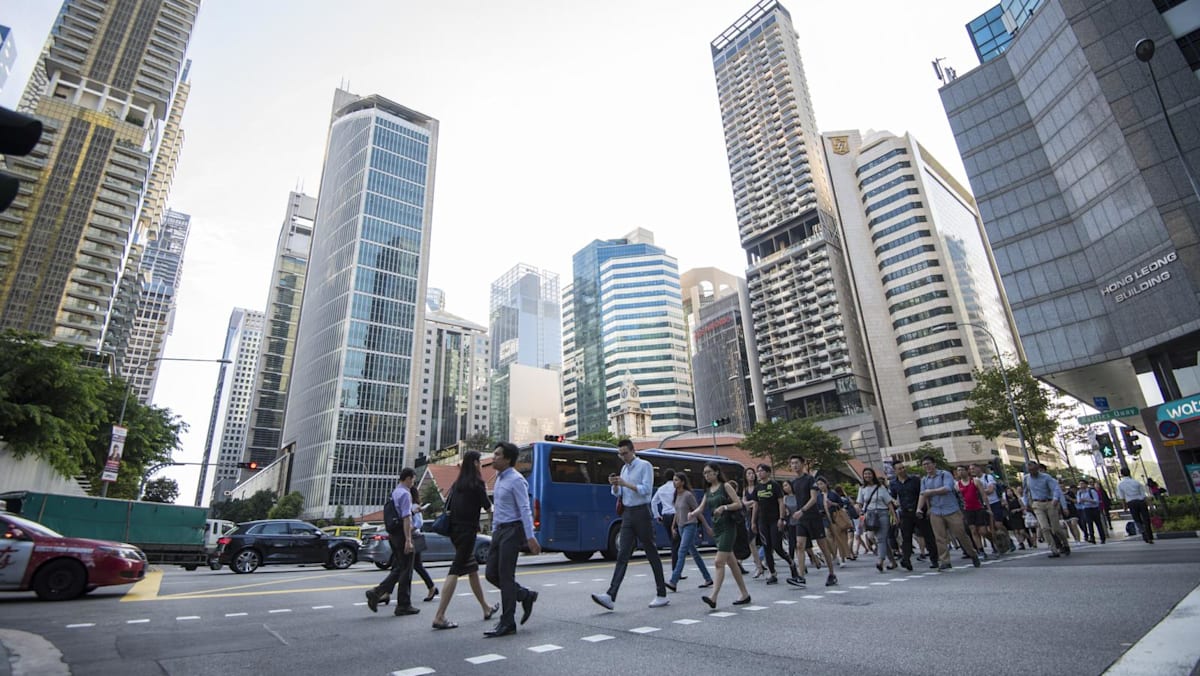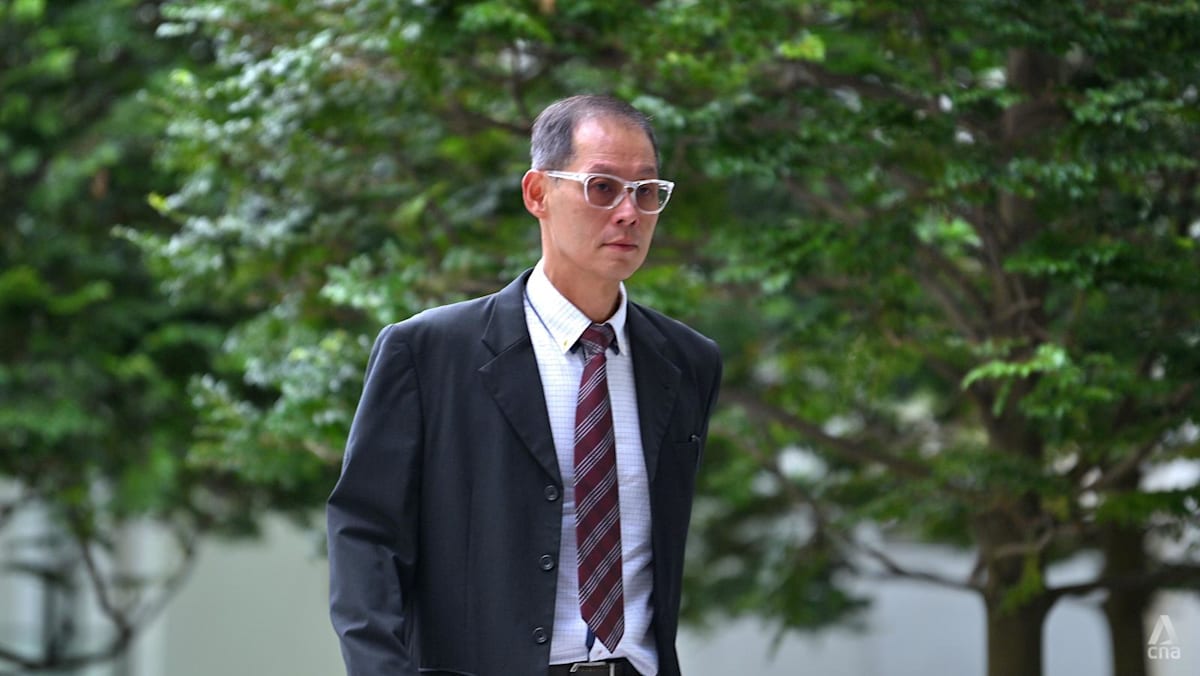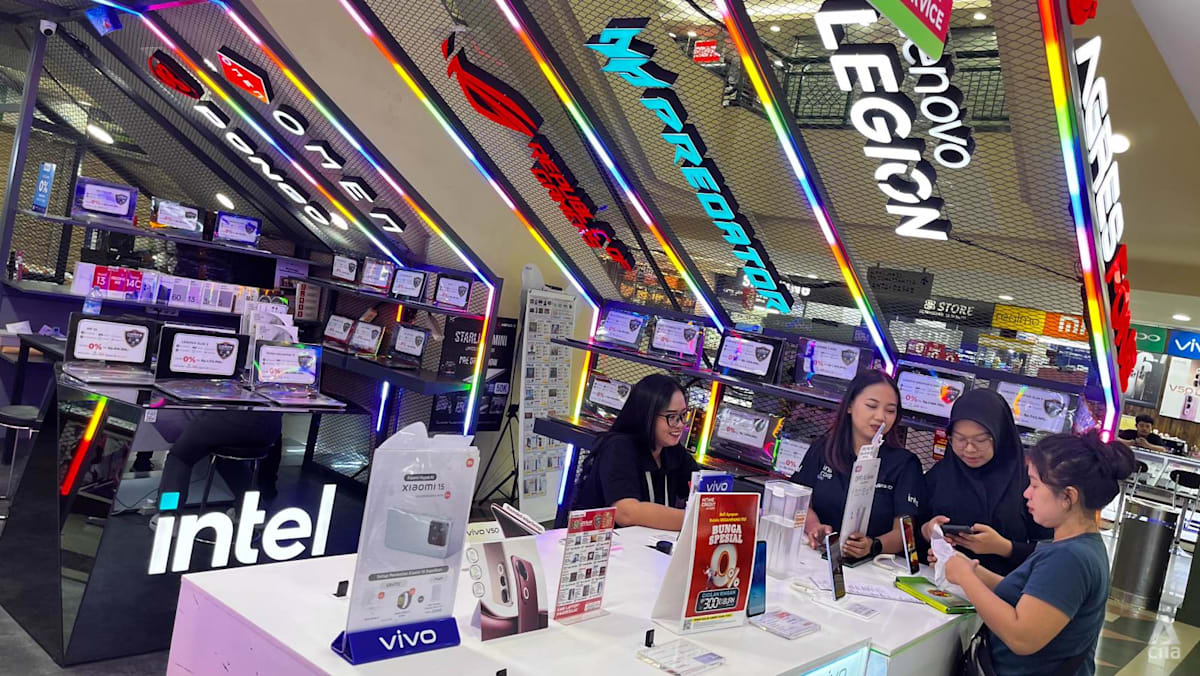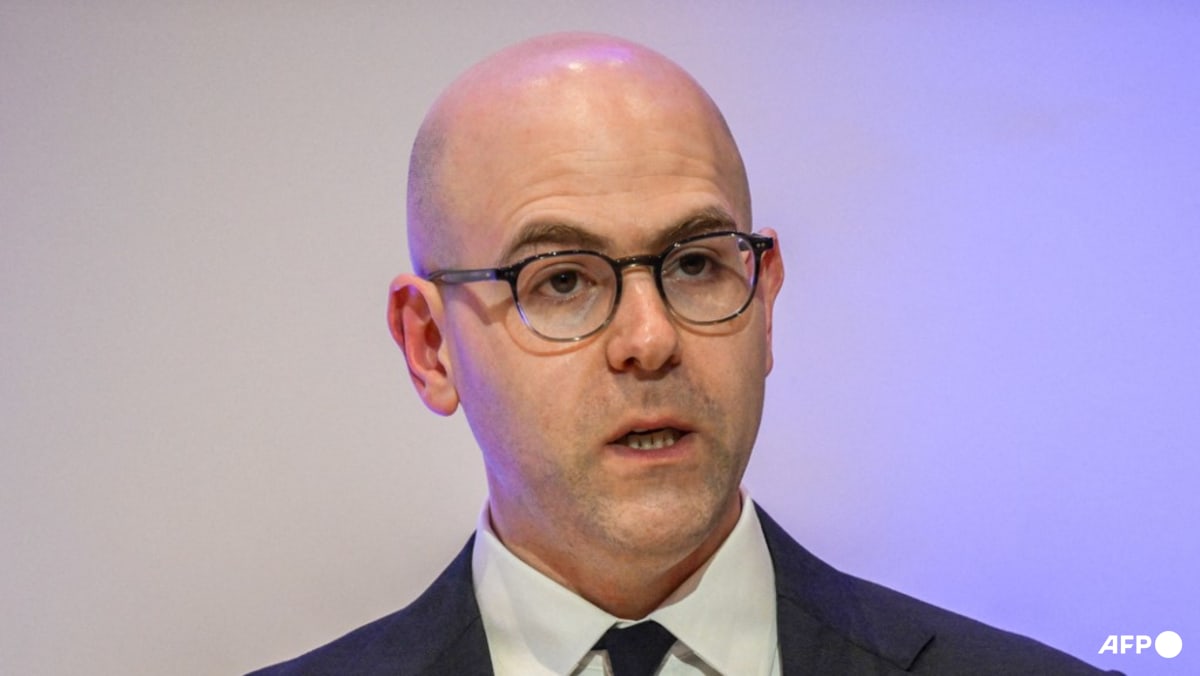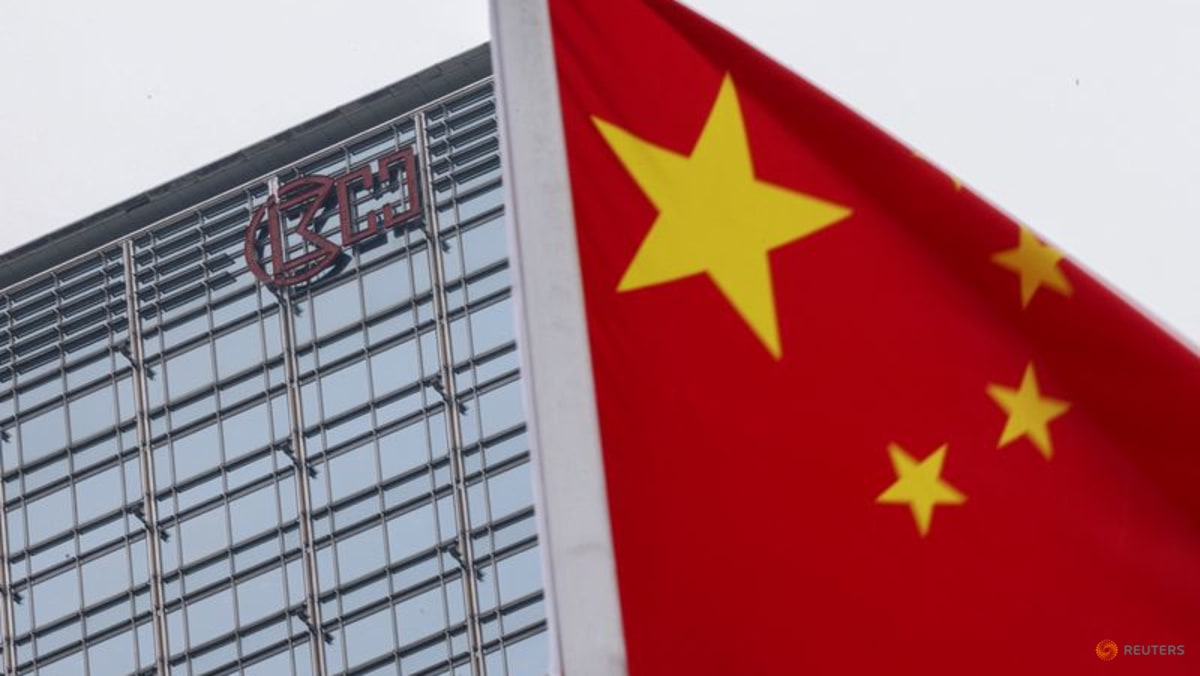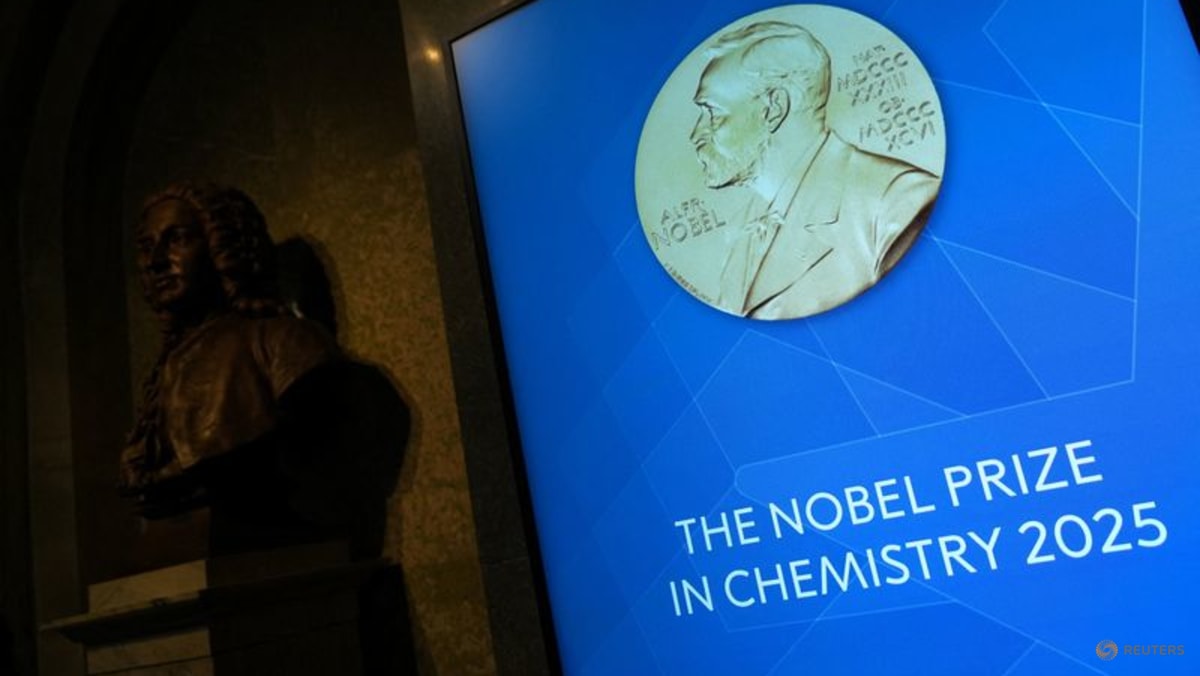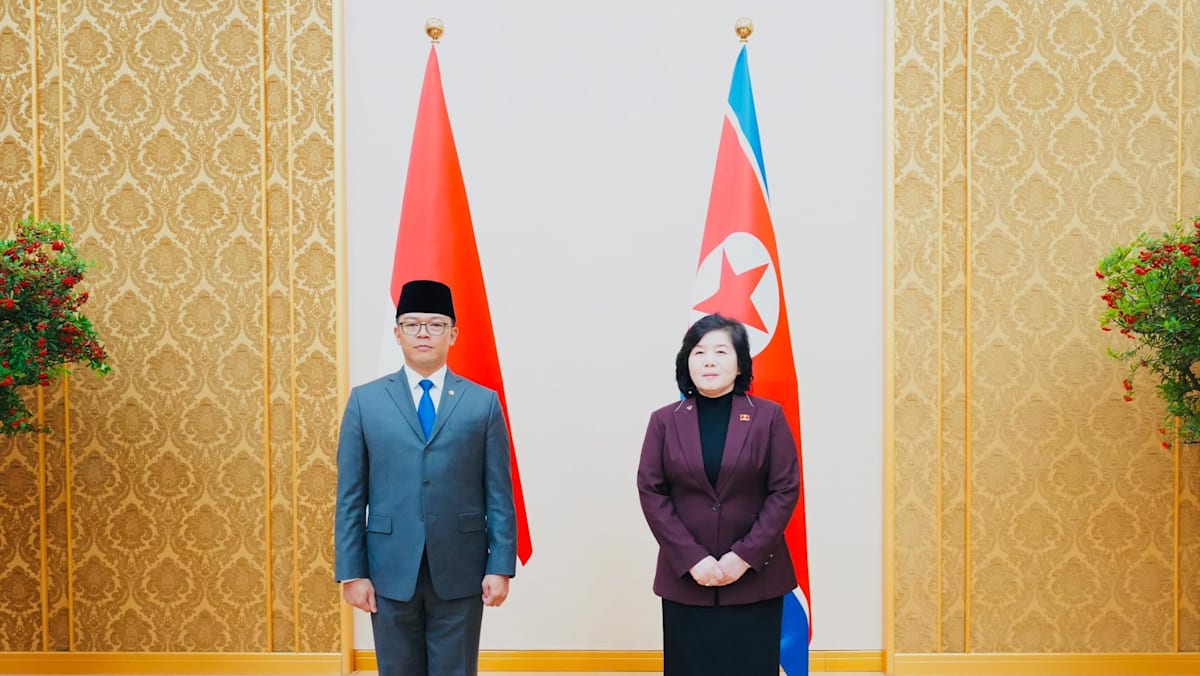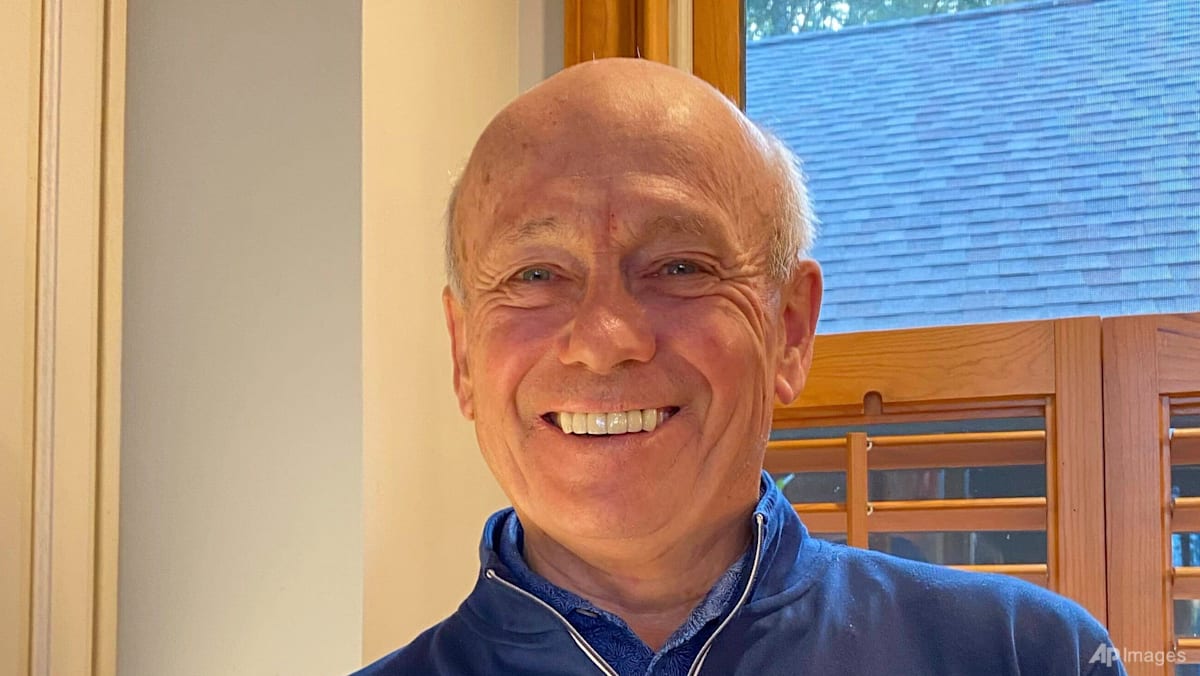SINGAPORE: National Trades Union Congress (NTUC) chief Ng Chee Meng on Wednesday (Oct 8) expressed “deep concern” over a civil suit where NTUC Income was rebuked for how it handled claims by the family of a man who died five years after a traffic accident.
Mr Ko Wah was knocked down in a motor accident in June 2019. He suffered severe brain injuries and became bedridden and permanently mentally incapacitated, before he died in October 2024.
Mr Ko's family sued the driver involved in the accident and a related company.
NTUC Income – now known as Income Insurance after a corporatisation exercise – was the insurer of the defendants and was chided by the court for its “unfounded objections" to some claims and "casually impersonal stonewalling".
This included its initial refusal to pay the man's ambulance-related expenses and instructions to the defendants' counsel to completely deny the family's claim for pain and suffering and loss of amenities.
In a Facebook post on Wednesday, Mr Ng expressed his sympathy to the late man’s family for the grief and emotional distress they had experienced.
“While I appreciate that Income will have to exercise rigour and due process ... Income must balance such matters with greater empathy and compassion. I expect no less,” he said.
“WHOLLY UNREASONABLE BEHAVIOUR”
Mr Ko's son, Mr Jonathan Ko Wei Ze, sued the driver and a related company on behalf of his father's estate for damages for pain and suffering, loss of amenities arising from injuries in the accident, loss of pre-trial earnings, medical expenses and further expenses.
Mr Ko died before closing submissions were tendered at the hearing to assess damages.
Deputy Registrar Kim Bum Soo noted in his judgment that NTUC Income took over the conduct of the defence as it would have to foot the bill for any judgment against the defendants.
Mr Kim said NTUC Income's instructions to the defendants' counsel were to completely deny the claim for pain and suffering and loss of amenities.
NTUC Income’s position was that the late Mr Ko had been comatose and "could not have appreciated any pain and suffering at all", said Mr Kim.
This was despite clear evidence that there were periods of time when Mr Ko was alert and appeared to understand simple instructions, and despite the "uncontroversial legal position" that an injured person is still entitled to damages for loss of amenities where they are unable to feel pain and suffering.
The insurer also refused to pay for any ambulance-related expenses and objected to Mr Ko’s milk powder, stating that a cheaper nutritional milk alternative should have been used.
NTUC Income argued that Mr Ko could have done with less – a less costly mode of transport, cheaper alternatives to buying a new pulse oximeter and thermometer and a more cost-effective nutritional milk alternative.
However, the court dismissed this argument, stating that Mr Ko had needed the ambulance rides and regular medical monitoring because he was bedridden, and that milk powder was necessary as he could not consume solid food after the accident.
Mr Kim chided NTUC Income for its "wholly unreasonable behaviour". He noted that while NTUC Income eventually agreed to pay the medical expenses paid using MediShield Life and the ambulance fees, this came "too late".
"The value of a reasonable concession primarily lies in its ability to avert a costly legal proceeding," said the deputy registrar. "That cost had already been incurred in money and more."
The district court awarded more than S$417,000 (US$323,000) in damages to Mr Jonathan Ko.
In his Facebook post on Wednesday, Mr Ng said he was heartened that Income Insurance had accepted the court’s judgment upon reflection and recognised that it could have done better.
“While NTUC does not intervene in the day-to-day commercial decisions of our enterprises, we hold ourselves – and those within the Labour Movement family – to a high standard of fairness, integrity and compassion,” he said.
“These values are the foundation of our work and our promise to the people we serve.”



